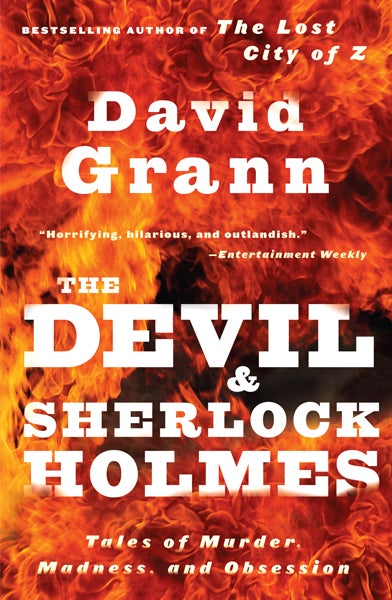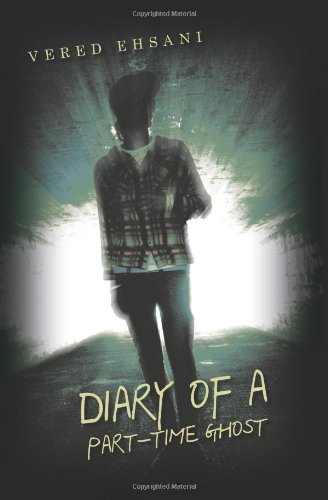The Plot: Fifteen-year-old Leo lives in Malonia, a rigid, military state ruled by a usurper who murdered the king. But there is a prophecy that the prince escaped to mythical England Stirling . Then Stirling dies, and Leo has to overcome his sorrow and guilt.
Catherine Banner started writing The Eyes of a King at age fourteen, and was published at sixteen. Since she accomplished this before graduating high-school, and I have yet to finish a manuscript, I probably shouldn’t critique her at all. But this is my blog and I’ll do what I want. Eyes gets an A for character development, and a D for plot. The characters are all very realistic, (if a little dramatic and moody) but the plot takes place in the background. I probably wouldn’t be friends with any of the main characters, but they all feel like people I could easily meet on the street. Violent takeovers, prophecies, and communication with other worlds are all generally a big deal, but here they seem like an afterthought. The plot seems like it just something to fill the void between Leo’s bouts with rage or grief. I love the fact that England





